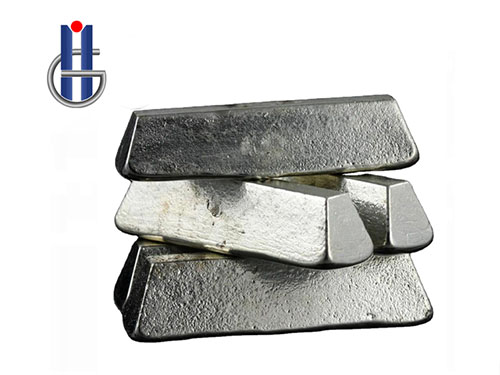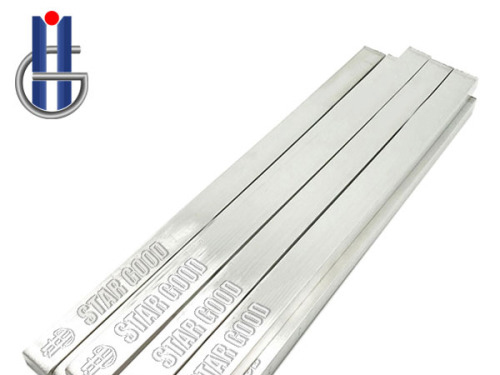Industrial aluminum profiles are essential components in modern manufacturing and construction industries, offering versatility, durability, and cost-effectiveness in a wide range of applications. These profiles, also known as aluminum extrusions, are created through a process where aluminum is forced through a die to create specific shapes and cross-sectional designs.
One of the key benefits of
industrial aluminum profiles is their lightweight yet robust nature. Aluminum is inherently lightweight, making it ideal for applications where weight reduction is crucial, such as in transportation, aerospace, and automotive industries. Despite its lightweight property, aluminum profiles maintain high strength and structural integrity, contributing to their widespread use in load-bearing structures and frameworks.
Furthermore, industrial aluminum profiles offer excellent corrosion resistance, making them suitable for outdoor and harsh environment applications. Their ability to withstand exposure to moisture, chemicals, and UV radiation ensures long-term durability and low maintenance requirements, reducing lifecycle costs for various infrastructure and equipment.
Moreover, aluminum profiles can be easily customized and fabricated into complex shapes and configurations to meet specific project requirements. This versatility allows for creative design solutions in architectural structures, machinery frames, storage systems, and industrial equipment.
Additionally, industrial aluminum profiles are highly recyclable and environmentally friendly. Aluminum is one of the most recyclable materials globally, with recycled aluminum retaining its properties and quality, making it a sustainable choice for eco-conscious industries and projects.
In the construction industry, aluminum profiles are used in curtain walls, windows, doors, and structural components due to their aesthetic appeal, durability, and energy efficiency. The lightweight nature of aluminum profiles also reduces transportation costs and installation time, contributing to overall project efficiency.
In the automotive sector, aluminum profiles are utilized in vehicle chassis, body panels, and interior components to reduce weight and improve fuel efficiency. Their high strength-to-weight ratio enhances vehicle performance and safety while reducing environmental impact.
In conclusion, industrial aluminum profiles offer a range of advantages including lightweight construction, high strength, corrosion resistance, customization options, recyclability, and sustainability. Their versatility and performance make them indispensable in various industries such as construction, transportation, manufacturing, and infrastructure development, driving innovation and efficiency in modern engineering and design.



 Lead Bar for Sale: Uses, Specifications, and Buying Considerations
Lead Bar for Sale: Uses, Specifications, and Buying Considerations
 Exploring the Versatile World of Tin Wire Products: A Comprehensive Overview
Exploring the Versatile World of Tin Wire Products: A Comprehensive Overview
 Exploring the Uses and Advantages of Pure Tin Bars
Exploring the Uses and Advantages of Pure Tin Bars